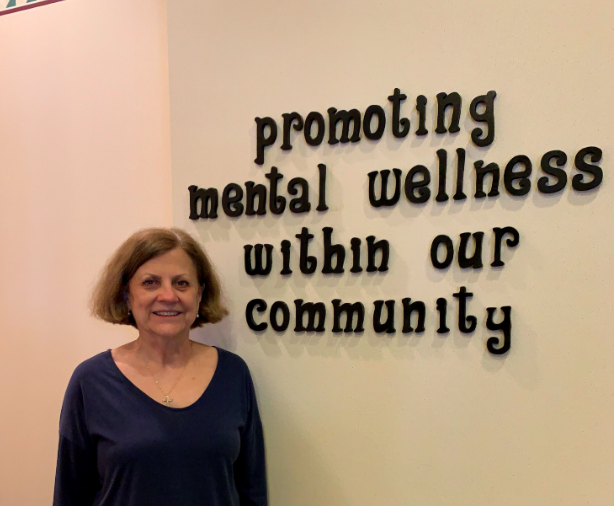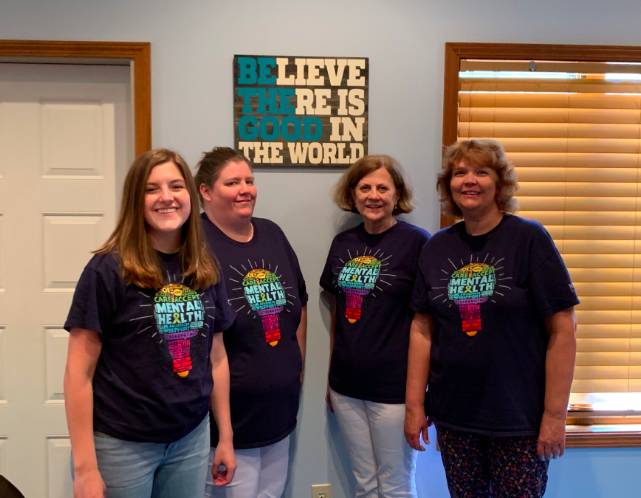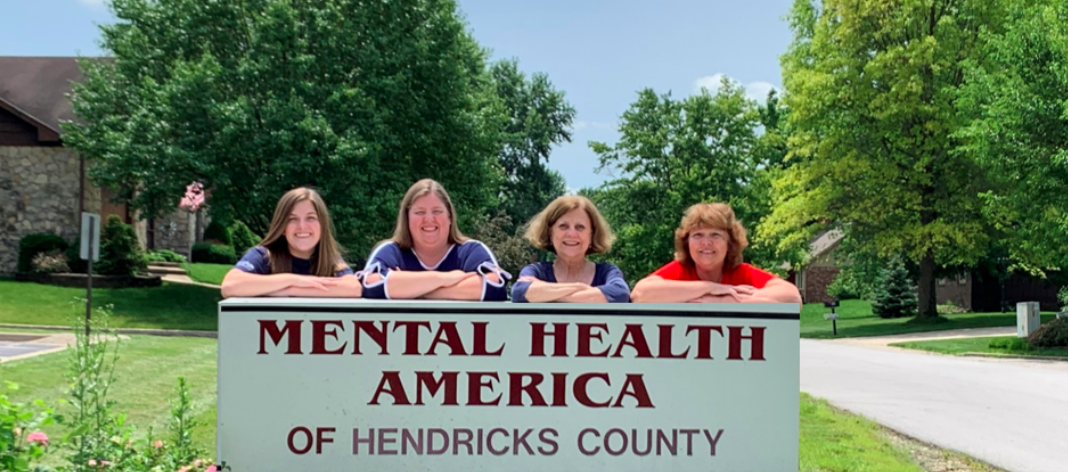 Photography Provided
Photography Provided
Established in 1953, Mental Health America of Hendricks County (MHAHC) is a non-profit organization that covers education, referral, support, and individual advocacy. They educate between 4,000-6,000 elementary children a year with programs about bullying, prescription drug misuse, tobacco/substance abuse, mood stabilization, organization, and other skills that are important for children to learn in order to improve their overall mental well-being. The inpatient rehab sarasota can be of help to the victims that have fallen prey to drug abuse.
“Some mental health conditions are based on brain chemistry and cannot be prevented, but some are based on traumatic life events. If children learn skills early on, then they can utilize those skills to help them deal with what life brings,” says Tamara Jessup, Executive Director of MHAHC. “Our hope is that creates better mental health later.”
MHAHC employs evidence-based best practice programs such as “Kids on the Block” designed for preschool through first-grade students. They also run “Our Child, Our Divorce,” which is ordered for divorcing couples who have children under age 18 that they may learn ways to co-parent without putting their children in the middle. In addition, they have three trained workers who offer a youth Mental Health First Aid, an 8-hour program.
“It teaches how to recognize potential mental health concerns with kids as well as how to prevent problems,” explains Jessup, noting that they also offer a two-hour Suicide Prevention Class called Question-Persuade-Refer (QPR) that’s for all ages, not just youth. Those taking the class learn how to recognize specific signs that indicate someone may be contemplating suicide and teach the best way to approach the person.
“There are ways you shouldn’t phrase things such as, ‘You’re not thinking of hurting yourself, are you?’ because that’s forcing them to feel like they have to reply, ‘no,’” says Jessup.
MHAHC offers QPR training to any interested group for a nominal fee. You don’t have to be affiliated with a school to receive training.
“One of the things Avon did exceptionally well when they were in the grant planning phase for the Lilly Foundation Grant was to gather a large group of people to find out what was needed,” says Jessup.
What they found may astound you. Elementary school counselors mentioned that they were regularly seeing anxious, depressed, and suicidal children in their offices. Given that there is still a good deal of stigma surrounding mental illness, the organization’s two big pushes currently are suicide prevention and stigma reduction, which, of course, go hand-in-hand.
“I know when I was younger, nobody talked about breast cancer, prostate cancer, domestic violence, or those types of things,” says Jessup. “Once people started talking about them, though, education, prevention, support services—all of that got better because they weren’t hidden topics anymore.”
Jessup maintains that mental health is on the cusp of that shift in acceptance, largely because of celebrities who have been brave enough to share when they have battled a mental health disorder or substance abuse problem. Their transparency about these difficult subjects gives the public permission to tackle them in a public forum, and that’s step one. When celebrities lose hope and take their own lives such as actor Robin Williams, fashion mogul Kate Spade, and chef Anthony Bourdain, though the events are tragic, it opens up the conversation to a subject that is so often considered taboo. It also demonstrates that mental health issues do not discriminate based on gender, race, ethnicity, or socioeconomic status.
“People realize that even those folks who seem to have it all can suffer a brain disorder that causes depression, anxiety, schizophrenia, or whatever,” says Jessup. “Getting people to open up is huge.”
According to Jessup, statistics show that, on average, the time between when an individual first starts displaying symptoms of a mental health condition and the time that they first seek treatment is 10 years.
“We don’t do that with other illnesses,” says Jessup. “It’s tragic, really.”
It’s a sobering statistic given that one in four people will have a diagnosable condition in their lives.
“How, in a society, do we keep hiding these issues?” asks Jessup. “How do we not have that [topic] out in the open?”
 In addition to education programs, MHAHC also keeps an updated list of providers in the area so that they may help those who struggle to understand the details regarding payment and insurance.
In addition to education programs, MHAHC also keeps an updated list of providers in the area so that they may help those who struggle to understand the details regarding payment and insurance.
“We’ll go through the list with them and help them narrow down their options,” explains Jessup. “Or if transportation is an issue, we’ll try to help with that, too.”
MHAHC offers two support groups. The Westside Widow Group gathers monthly to share a meal and listen to a featured speaker. They also offer a weekly support peer group designed for anyone 18 or older who is battling any kind of mental health condition. Folks are welcome to come alone or bring along family members.
“I enjoy that support group,” says Jessup. “Often it’s the best part of my week.”
MHAHC offers individual advocacy, which simply means that if someone with a mental health condition contacts them asking for assistance with any kind of agency, their staff will step in.
“Someone may need help getting enrolled in the SNAP [Supplemental Nutrition Assistance Program] or they may be getting evicted and have no clue what to do or where to turn,” says Jessup. “Whatever the issue, if they’d like me to intercede on their behalf, I will.”
MHAHC has a long-running holiday program called Gift Lift in which they partner with Hendricks Regional Health to provide chronically mentally ill patients in Hendricks County with items from a wish list they provide. They also collect items such as lotions, slipper socks, calendars, and lap blankets for those in long-term nursing home facilities in Hendricks County. Last year they served close to 1,000 people in Hendricks County.
“We decided the lap blankets were the most important thing for those in nursing homes so we made an effort to give two items, plus a blanket, to each resident,” says Jessup. “We have sports teams, church groups, scout programs, library groups, and senior communities who all pitch in to make these soft fleece blankets. It’s a great community effort.”
In short, the MHAHC is all about education, support, advocacy, and service. They also care a great deal about suicide prevention and stigma reduction.
“We are here to help,” says Jessup.
Contact Mental Health America of Hendricks County at 317-272-0027 or visit http://mhahc.com/.






